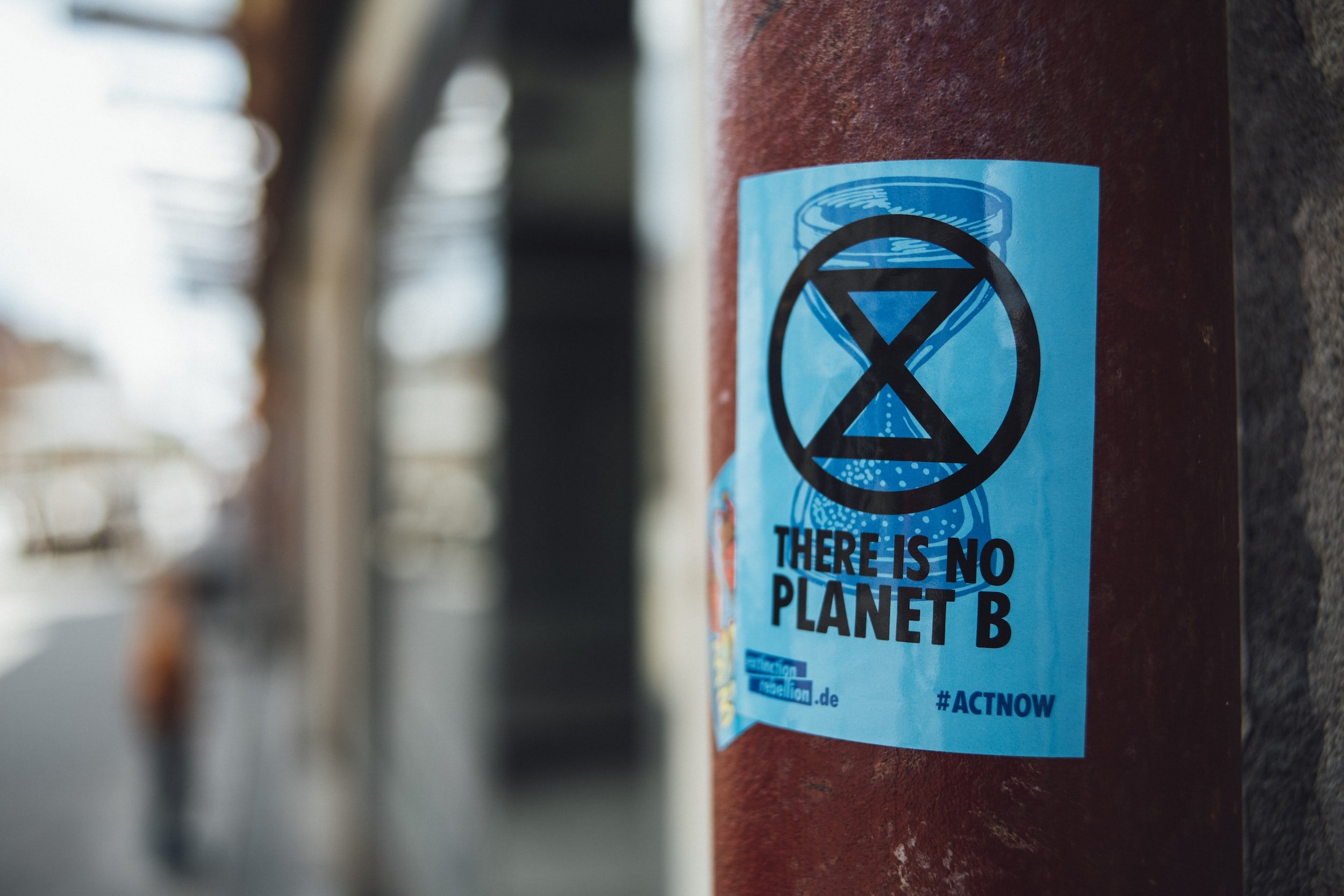What’s the point of our new eco-activists?
Why do we have a triumvirate of militant eco-activist groups, funded by the corporate rich, engaging in theatrical mock vandalism, and blocking three-lane motorways during peak traffic?
Just Stop Oil activists who threw soup over Van Gogh’s Sunflowers insist they were careful to ensure the painting was covered. It was indeed glazed, and the protestors appeared to be aware of this in advance and claim they would not have performed the stunt had it been otherwise. No damage was done to the painting, and only minor damage to the frame, which was easily resolved. Perhaps they could have a word though with their colleagues who damaged the surface of Constable’s Hay Wain a couple of months ago.
It would be imprudent for those tasked with preserving world cultural heritage to not assume further incidents, which could include another accidental, or deliberate, defacement at some point. The managing director of the German Cultural Council Olaf Zimmerman says that “the risk of damaging the artworks is very high”. Well, you would say that, wouldn’t you, if it was your job to look after them. More security checks, more barriers, and more art-distancing procedures will be erected. The stunts abuse the social trust involved in allowing people, under the assumption that they will be respectful, to get close to priceless cultural artefacts, and galleries will be less enjoyable places as a consequence.
But this is the unusual approach of Just Stop Oil, Extinction Rebellion, and Insulate Britain. To cause a deliberate nuisance to everyday people. Of course, protests will tend to involve an incidental element of disruption. But the purpose of, say, an anti-war march through the centre of London, is not the inconvenience. Yet the aforementioned protest groups deliberately set out to maximise how irritating they are. And it is a tactic that has failed miserably.
Rightly people want to see those who decide to block up the busiest three-lane motorways in the country during peak traffic punished by the law (an unquestionably irresponsible activity). Alas, many forget we have perfectly good laws to do this anyway, but the police choose to treat the activists gently, creating the perception that they’re in some way prevented from acting and new laws are required. What the campaigners have achieved therefore with their policy of maximising annoyance is to get a sizeable proportion of the public on side with the Government, and their pursuit of legislation to tame protest in general.
But why do we even care about any of that? As the soup-throwing activists challenge us: ‘Are you more concerned about the protection of a painting or the protection of our planet and people?’. Surely their eagerness to disrupt other people’s day and dismiss, say, your need to drive to work, or desire to look at paintings, as trivial, is on the nose? What is wrong with a bit of aggressive and absolutist hyper-moralism when the stakes are so high? Surely, we can even forgive the excessive and unearned self-confidence. It is, after all, Armageddon we are talking about.
Or is it? Climate change is a real problem, and we must take steps to deal with it now, and our much wealthier descendants will likely have to make some non-trivial adaptations too. We can already handle it better than our ancestors could. Global death risk from extreme weather has declined 99% over 100 years and global costs have dropped 26% over the last 28 years. Those who follow us will do even better. We have listened too much to the zealots who claim an emergency and they have too great an influence over policy, not too little. Their claims of climate apocalypse are scientifically baseless.
Just Stop Oil say they want to make it impossible for us and the Government to ignore environmental issues. Their exertions to raise awareness about fossil fuels is about as required as a campaign to raise awareness of the taste of nuts to the national squirrel population. It is a fantasy that we are doing nothing about climate change.
In 1989 we introduced the Fossil Fuel Levy and the Non-Fossil Fuel Obligation. In 1992 the UK signed up to the UN Framework Convention on Climate Change, at which targets for CO2 emissions were first agreed. In 1993 we introduced the Fuel Price Escalator. By 1997 there were seven more major environmental taxes in Britain. The EU’s Emissions Trading Scheme was launched in 2005 in which Britain was included, replaced by an equivalent national scheme after Brexit. The Climate Change Act of 2008 gave us the legally binding target of an 80% reduction in emissions relative to 1990 levels by 2050. Only five MPs voted against it. A Tory government have since increased the 2050 target to net-zero. in 1990 UK carbon emissions were 10 tonnes per capita. They are now 6 tonnes (and the rate of decrease is accelerating). Climate change is clearly a top priority issue to UK governments of all major parties.
The policy proposals of the campaigners would grind the economy to a halt and make regular blackouts an absolute and immediate certainty. Why should we be impressed by people who have nothing remotely achievable to propose? The entire establishment agrees with their cause and has embarked on a hugely ambitious and costly journey to address the environmental concerns we face (in what are already ludicrously unrealistic timescales).
So, why do we have a triumvirate of militant eco-activist groups, funded by the corporate rich, engaging in theatrical mock vandalism, and blocking three-lane motorways during peak traffic? It certainly doesn’t do anybody any good.

